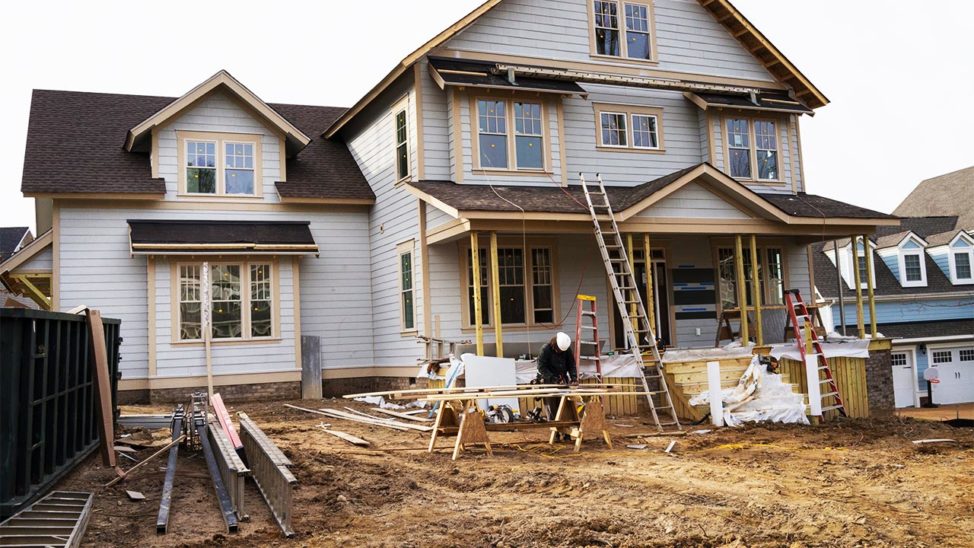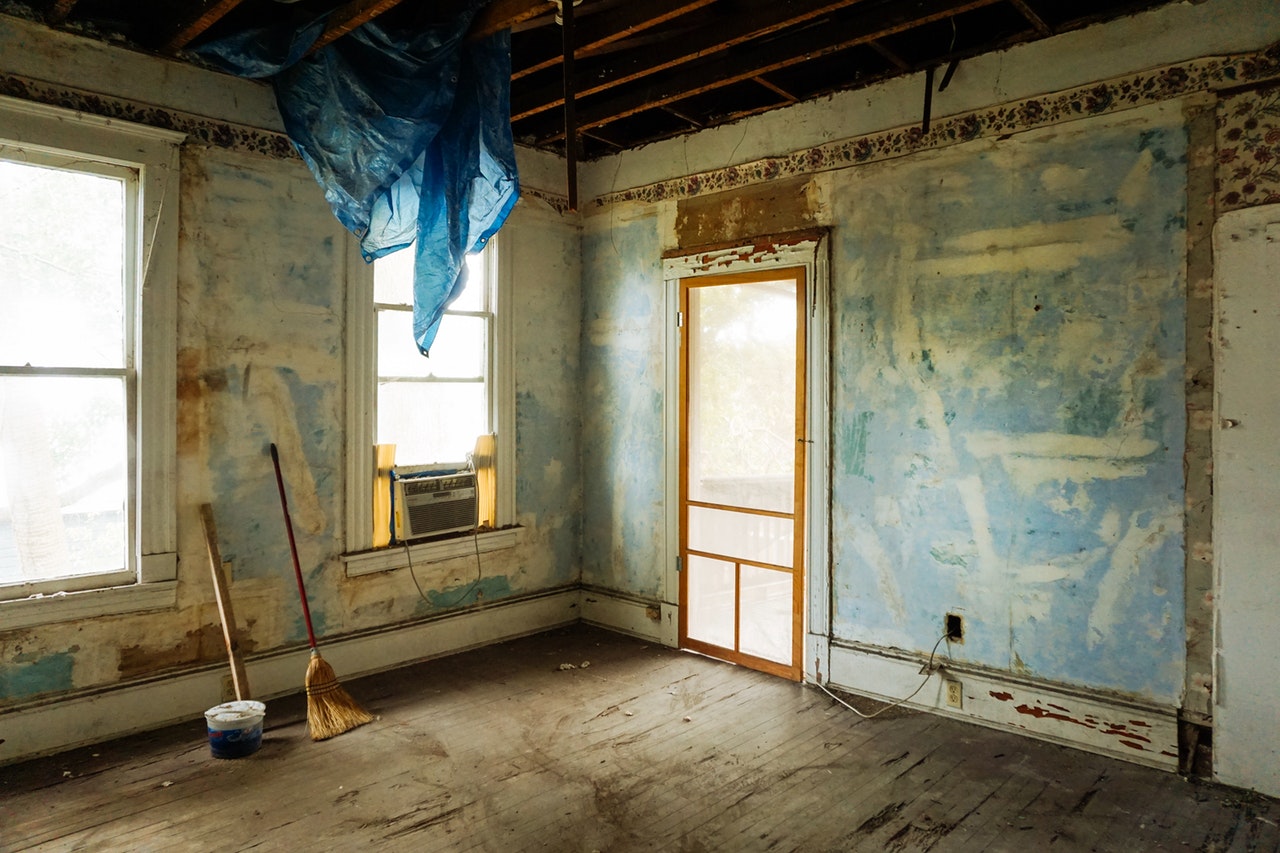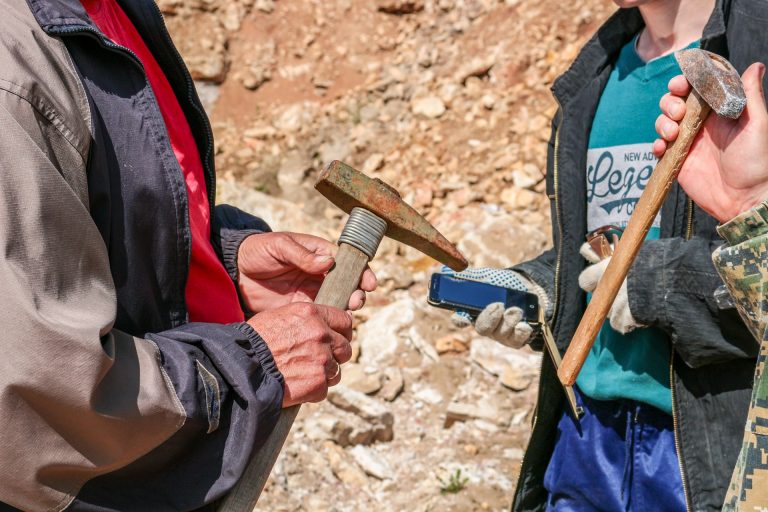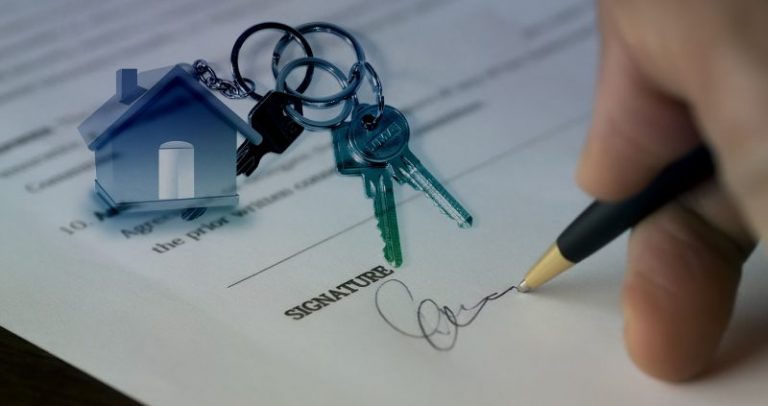House flipping is when a real estate investor buys and sells houses for a profit. In order to be considered a flip, a house must be purchased to resell quickly. The time between buying and selling a be few months or up to a year. Flipping houses basically means buying a house or property to sell it for a profit. Yet logistics can get pretty tricky.
The decision-making process is complicated right away. When you buy a house in an up-and-coming neighborhood, then you’re betting on the community. If you decide to buy a new house, you’re going to want to attract higher-end home buyers who want the luxury features and space the suburbs have to offer.
Whichever way you decide to you want to try flipping houses, there is a lot you will need to know before you start. Thankfully, this article will help you get started down the right back. Continue reading to learn more about flipping houses.

Basic Information You Need To Know
There are different forms of flipping houses. First, an investor buys a property that needs repairs and updates, which has the potential to increase the home’s value. They make money after completing the work by selling the home at a much higher price than what they’ve purchased it for.
Next, an investor buys a property in a market where the home’s values are rapidly rising. They do not make updates. However, they resell at a higher price after holding the property for a few months and make a profit.
How To Get Started
Follow these steps below to get started flipping houses.
Step 1: Finance It
House flipping can be a risky endeavor, and it is understandable why risk increases when debt is included in the equation.
- Firstly, flippers who borrow for their purchase pay interest for months, which only increases the amount they have to sell the house for to break even.
- Secondly, using debt in order to finance a flip may cause you to act out of despair. For example, if you can’t get the house sold, you will probably lower your price and cut your profit. Only cash flippers can wait for a great offer.
Step 2: Know Your Market
Most house flippers are excited about their next project and can neglect that less glamorous side of the business. Nevertheless, if you don’t have a good understanding of your area’s market and real estate patterns, you may run into other issues. For example, you can’t precisely define the future value of the home. Your home has to suit neighborhood and community residents’ ability to afford the home you are selling.
Step 3: Make A Budget
Do not wait until you have bought an investment property to make a budget. Know your price range for buying a home, doing any repairs, or completing renovation projects.
Consider the cost of any improvements and any expensive overhauls such as plumbing or electrical problems. If you don’t have a construction background, a contractor will tell you what repairs are required, and how much they will cost. Surprise repairs can make a flip, or break it, so make sure you do your homework.
Step 4: Ask For Help
It may sound simple to flip a house, but it’s not as easy as it looks. Whether you’re buying a property to stay in for years or flip in six months, a professional real estate agent can provide you with the market knowledge. A partner in this industry can give you the realistic advice you need to make an intelligent investment.

Conclusion
You can make smart renovations in a short space of time and sell the house for much more than you paid. But if it’s done the wrong way, flipping a house can just as quickly go the wrong direction.
If you’re considering making this your career, you may need help from a contractor or a real estate agent.
Also read – Real Estate Virtual Assistant Jobs – How to Apply?












